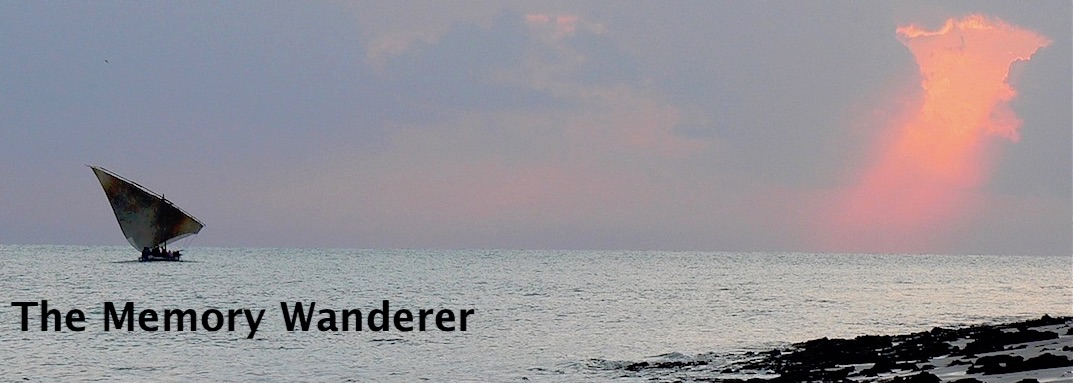....birthday, Christmas and Father's Day card which we encouraged them to make rather than buy. These birthday cards from 1990 reflect the interest I had at the time in coarse fishing, a 'sport' which took me to various, often very pretty areas of Essex as well as to the Norfolk Broads, usually with very limited success.
However, when I look at the cards I realise that a not insignificant number relate to my work. While teaching had many positive sides, one very negative aspect was that the amount of time one could spend marking and preparing lessons, along with a host of less important things, was open-ended, so evenings and Sunday afternoons were spent at my desk and I had to be very firm that certain times were ring-fenced for the family.


















































